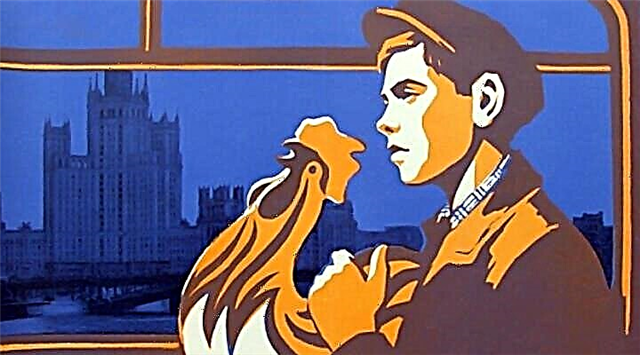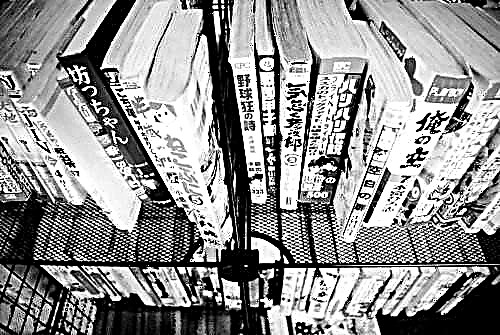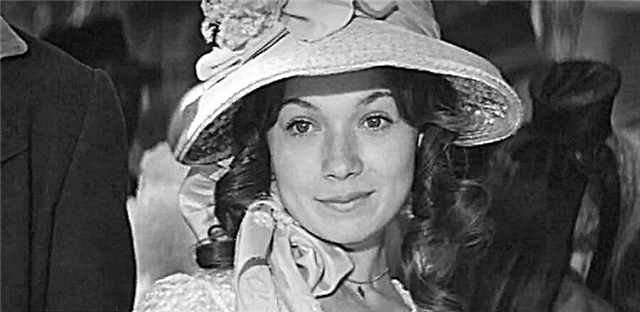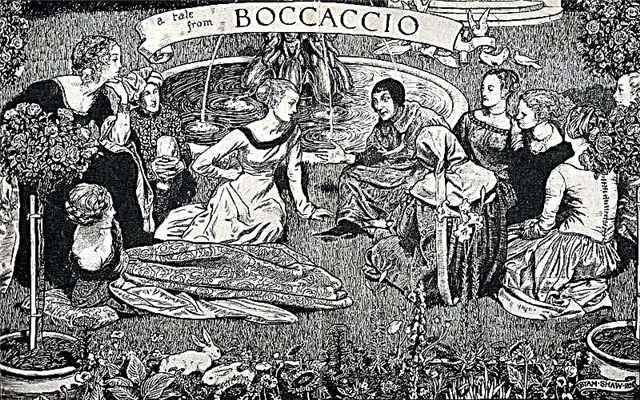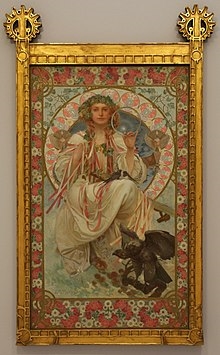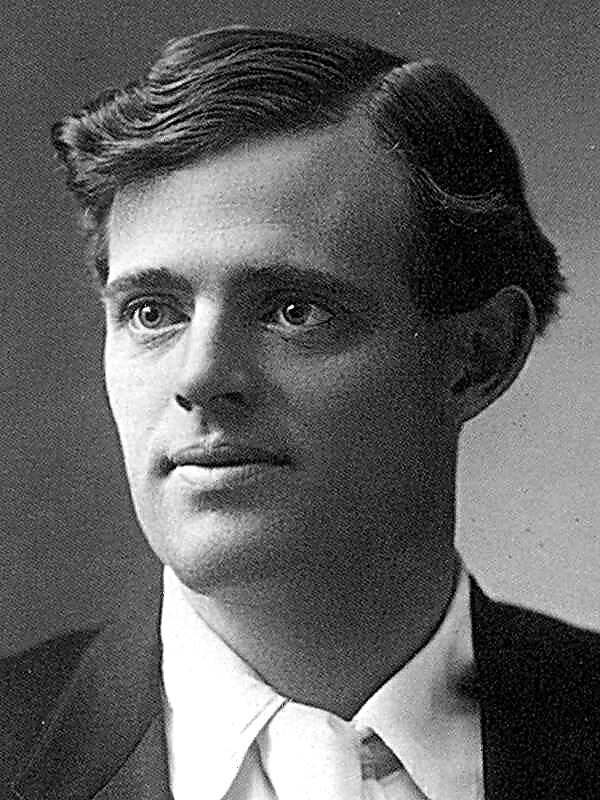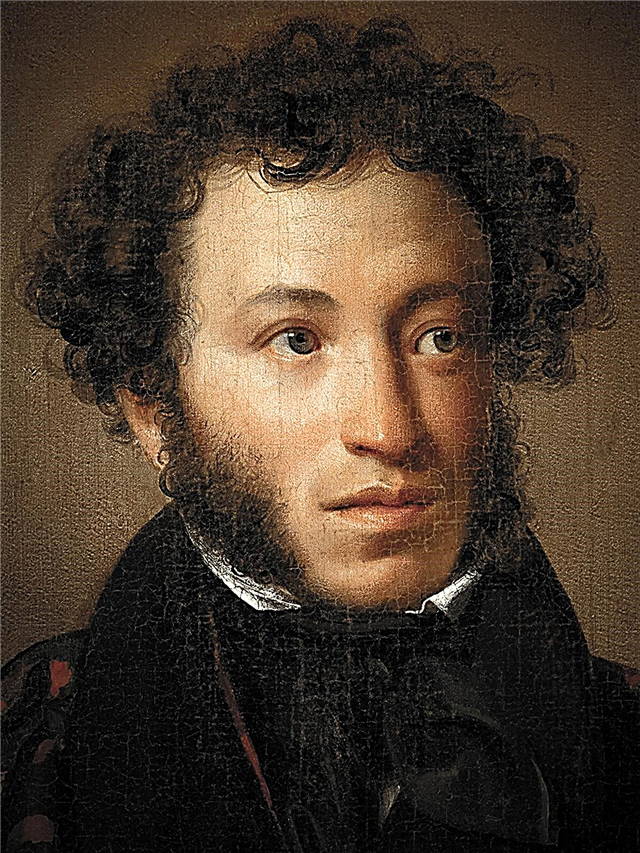In this article, the Literaguru team will analyze the story of Alexander Sergeyevich Pushkin, “Shot,” which is part of the Belkin story series.
History of creation
The story "Shot" was written in 1830 in the village of Boldino. The work consists of two parts. It is interesting to note that initially Pushkin did not want to write the second chapter - having finished writing the first, he made a postscript: "The ending is lost." However, two days later the writer creates a continuation of the story, and the product takes on its final form on October 14, 1830.
The story "Shot" became the fourth in a row in the series "Belkin's Tale". It was based on a real case in the life of A. Pushkin, when the latter was summoned to a duel by his friend, officer Zubov. Alexander Sergeyevich was summoned by his comrade to a duel, as the poet accused Zubov of unfair playing cards. During the satisfaction, when the enemy was aiming at him, Pushkin calmly ate cherries (later this moment will be reflected in the text of the story).
Genre, direction
As mentioned above, this work belongs to the genre of the story, the literary direction is realism. The hero Silvio initially appears before us as a romantic character, but by the end of the work we understand that we are not facing such a simple character as it might seem at first glance. The courage of his actions, liveliness and audacity in decision making betray the ardent character of the hero, which indicates his belonging to a realistic direction.
The genre of the work is a story, this is indicated by the volume of the book and the number of storylines in it.
Essence
The narration is first conducted on behalf of Lieutenant Colonel I.L. P., then the retired hussar Silvio acts as the narrator, and then the count. I. describes to us the life of an army officer, who in her cyclical nature is not able to surprise a simple soldier. Among the hero’s acquaintances, a certain Silvio stood out, a well-aimed shooter, whose life was somewhat shrouded in mystery - no one knew either his income or his fortune. At the same time, he had a rich collection of pistols at his home, and the walls were poured like bullets like honeycombs. He was a generous host - champagne always poured in his house, and lunch consisted of two or three dishes. Once, during one of these feasts, the guests persuaded Silvio to throw them a bank, which the hero usually did not like. Reluctantly, he agreed. At some point, officer R ***, recently transferred to the regiment, turned an extra angle, which caused dissatisfaction with the owner, and subsequently annoyed R ***, who threw a candlestick (shandal) at Silvio. A furious man drove the offender out of the house, however, surprisingly, this case did not end in a duel.
I. is indignant at such a calm behavior of his friend, but in the end it turns out that Silvio needs to settle accounts with one person - the future Count, who at one time replaced the hussar, overshadowed by his charm, intelligence, beauty and, therefore, became his rival. Having told the enemy flat rudeness, Silvio provoked the count, and he gave him a slap in the face. As a result, a duel was scheduled.
In a duel, the count got the first shot, which he managed to break through the hussar's cap. But when Silvio's turn came, the count behaved unceremoniously - ate cherries and spit out the bones. This nonchalance outraged Silvio, and he postponed the duel until another time. I. continued the continuation of this story later from the count himself, who turned out to be the storyteller’s neighbor. Silvio came to the count during his honeymoon and threatened to kill him. In fact, the hussar only wanted to scare the count, show him his superiority and the fact that it is necessary to respect the conditions of the duel, and to know that sooner or later he would have to answer for his insolence. Perhaps the decisive role was played here by the request of the count's wife, Masha.
We see the hero’s profound transformation - from a romance, he turns into a real realist, ready to look soberly at things and not afraid to achieve his goal - to put the offender in place. At the end of the story, we learn that Silvio died the death of the brave in the battle of Skuliany.
The main characters and their characteristics
The three main characters of this story - lieutenant colonel, count, retired hussar - are also her storytellers. Central, of course, is the figure of Silvio. Waiting for the opportunity to take revenge on the count for insulting and regularly practicing shooting, the hussar only sees the light when, once on the territory of the enemy’s estate, the count gets the first shot again, and he shot a picture hanging above the guest’s head.
According to G. Makogonenko, there is a moral renewal of the hero; he understands how vulgar and low his desire to kill a happy opponent was. The count, in turn, at this moment must have appreciated how wrong he was, and that revenge is not the main goal in life. The lieutenant colonel acts as a kind of observer for the life of two people competing with each other.
Themes and Issues
The author addresses the themes of nobility, compassion, revenge. The main theme is revenge and its overcoming through awareness of the importance of human life.
The story touches on an important issue - upholding one's own honor, restoring a good name in the eyes of others at the cost of murder. Is it worth it? The author answers unequivocally: honor is not worth the life of a person.
The main idea
The meaning of the book is simple: it is not necessary to show cruelty in order to establish oneself as a brave officer. One must act in honor, be noble, and at the right time be able to spare even the worst enemy, leaving him with his conscience.
According to G. Makogonenko, Silvio is alien to humility. For the hero, there is a more important goal in life - the battle for the freedom of the Greeks. A high goal promotes spiritual renewal, enrichment of the individual. Revenge is replaced by generosity. This is the main idea of the story.
What does it teach?
The work teaches nobility, composure in actions, the ability to restrain oneself in difficult situations, where everything can get out of your control.
It is appropriate to give vent to your ambition during the battle on the battlefield, but when communicating with people - be it your closest associates or colleagues - you need to find a middle ground in everything.

